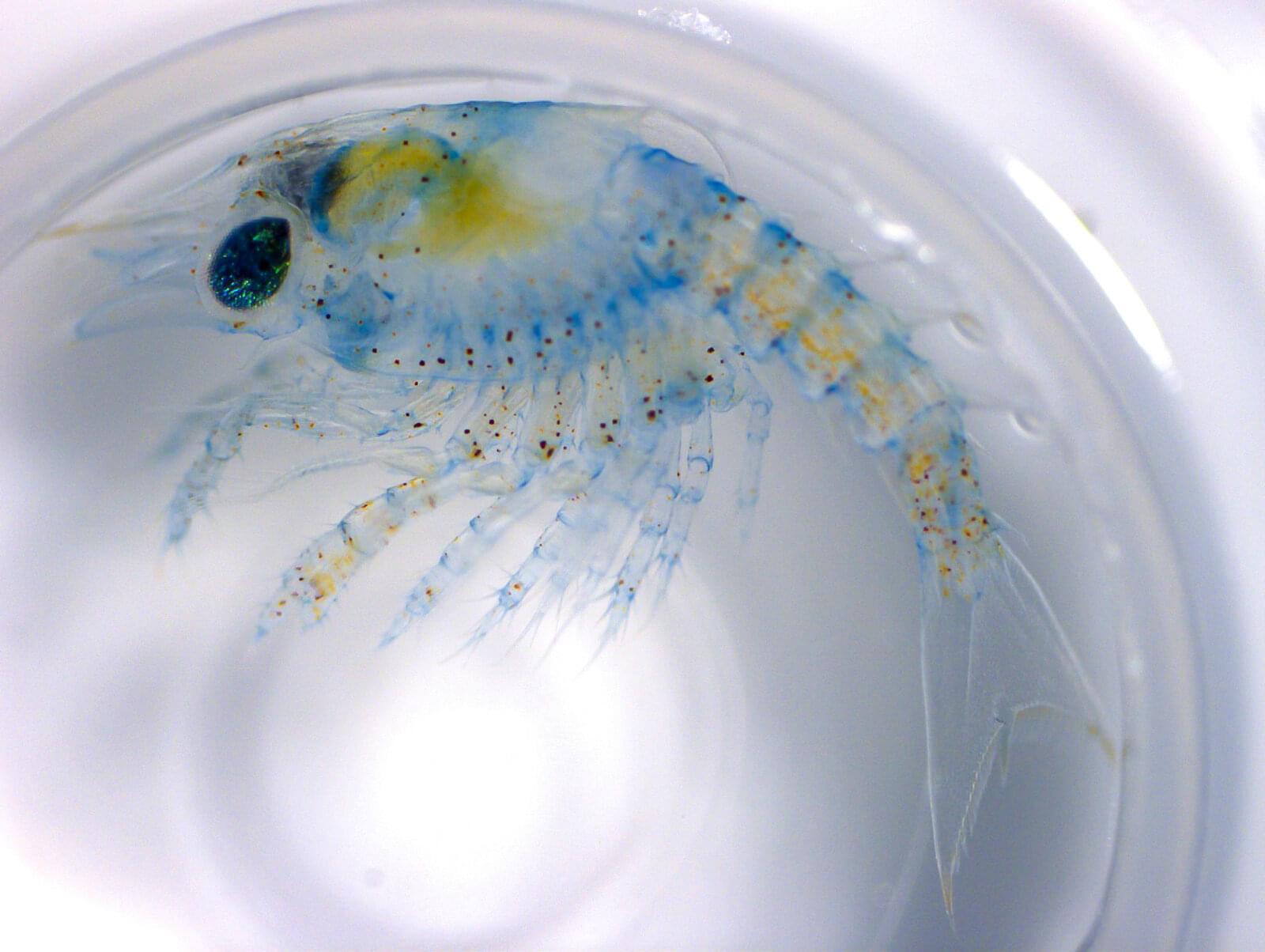The Gulf of Maine is warming faster than 99% of the world’s oceans, raising concerns for its $2 billion-a-year American lobster fishery. Scientists at William & Mary’s Batten School & VIMS have been studying the impacts of ocean acidification and warming on lobster reproduction, and the results of their most recent research suggest the rising temperatures pose the greatest risk.
Utilizing a purpose-built experimental facility designed by Professor Emily Rivest and housed in the Batten School of Coastal & Marine Sciences & VIMS’ Seawater Research Laboratory, the researchers exposed egg-bearing lobsters from the Gulf of Maine to water temperature and pH conditions that mimic those predicted for 2060.
Published in the journal Marine Ecology Progress Series, the results revealed that the embryos can handle ocean acidification surprisingly well, but increased temperatures led to distinct stress responses that ultimately resulted in smaller larvae.
